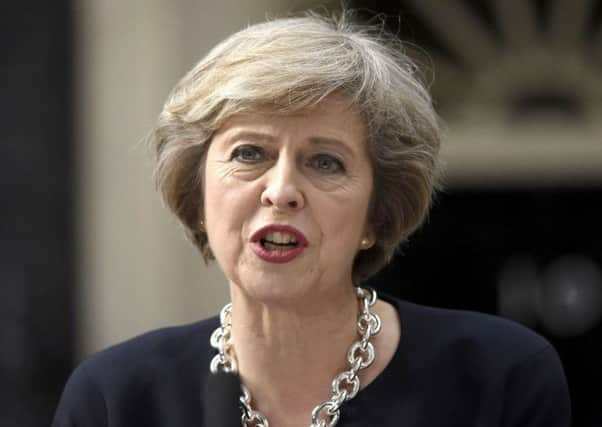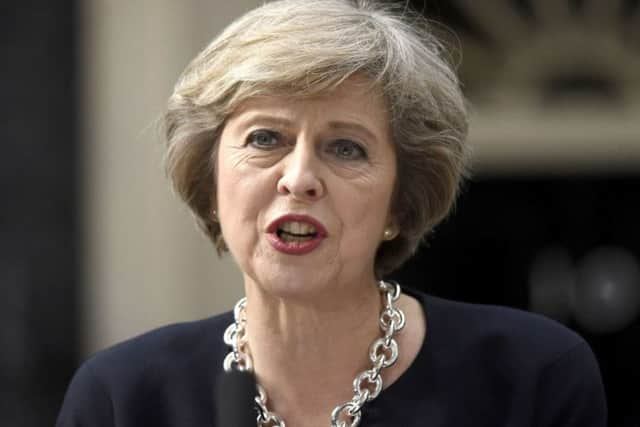Article 50: What happens now


What is Article 50?
It is the legal mechanism for a country to leave the EU. Article 50 of the Treaty on European Union states that to withdraw from the EU, a member state has to notify the European Council of its intention.
After that, the EU ‘shall negotiate and conclude an agreement with that state, setting out the arrangements for its withdrawal, taking account of the framework for its future relationship with the Union’. Brexit could still be at least two years away.


So the UK is still in the EU?
Advertisement
Hide AdAdvertisement
Hide AdYes. There is still a lot of work to be done on a ‘divorce agreement’ unpicking decades of co-operation between the UK and the EU, and attempting to thrash out the free trade deal sought by the prime minister.
Article 50 states that the treaties relating to EU membership will remain in force until a withdrawal agreement is signed or, failing that, two years from the notification of intent to withdraw. That two-year deadline can be extended, but only if the other 27 EU leaders unanimously agree to grant extra time.
The UK voted for Brexit in June 2016, why is the prime minister only starting the process now?


The Leave victory in the referendum led to David Cameron’s downfall as prime minister, and he said the decision on Article 50 should be left to his successor.
Advertisement
Hide AdAdvertisement
Hide AdMrs May set the end of March 2017 as her preferred deadline, allowing the government time to make preparations for the talks.
Her hands were also tied after the government lost a legal battle that went all the way to the Supreme Court which ruled she had to wait until parliament gave permission to start the process.
Can the UK change its mind?
That’s a big question, and one with no clear answer, partly because the Article 50 process has never been used.
Lawyers on both sides in the legal battle said once Article 50 had been invoked it was irrevocable.
Advertisement
Hide AdAdvertisement
Hide AdBut Lord Kerr, the diplomat who drafted the measure, has suggested it is not. European Council president Donald Tusk has also indicated that abandoning Brexit could be an option, claiming that other leaders would be sympathetic and ‘if we have a chance to reverse this negative process, we will find allies’.